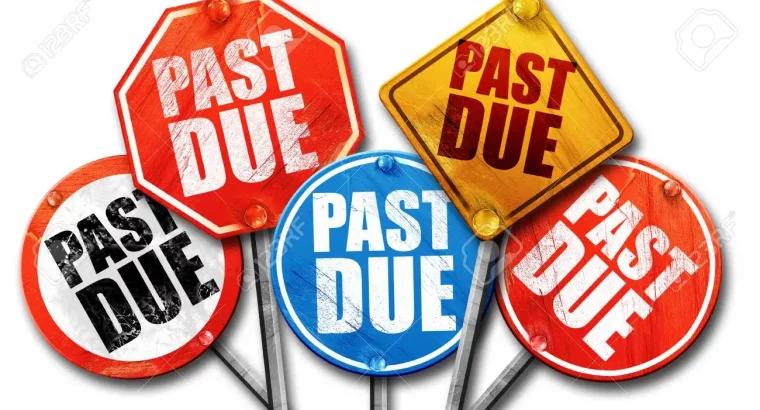The unsexy side of the debt purchasing industry
The unsexy side of the debt purchasing industry is often criticized for its practice of “debt selling.” This is the process of selling debt to third-party debt collectors for a fraction of the face value of the debt. The debt collector then attempts to collect the debt, often using aggressive and illegal tactics.
Critics argue that debt selling creates a perverse incentive for debt buyers to purchase as much debt as possible, regardless of the likelihood of collecting it. This can lead to unfair and abusive practices, such as robo-signing, in which collectors sign up for automatic payments without the consumer’s knowledge or consent.
In addition, debt buyers often do not have the same legal protections as creditors. For example, they are not subject to the Fair Debt Collection Practices Act (FDCPA), which prohibits certain abusive collection practices. As a result, debt buyers can use aggressive tactics that would be illegal if used by a creditor, such as calling consumers early in the morning or late at night, making repeated phone calls, or threatening to sue or garnish wages.
1. The economics of debt purchasing
The economics of debt purchasing are often criticized for being unfair to consumers. Debt buyers typically purchase debt for pennies on the dollar, yet they still attempt to collect the full amount of the debt from consumers. In many cases, they are successful in collecting a significant portion of the debt, which can be very profitable for the debt buyer.
Critics argue that this system is unfair to consumers because it puts them at a disadvantage from the start. They already owe money that they may not be able to pay back, and now they’re being pursued by a company that paid only a fraction of what they owe. This system can also lead to abusive collection practices, as discussed in the previous section.
2. What happens when you purchase a debt?
When you purchase a debt, you become the new creditor and are responsible for collecting the debt from the consumer. In many cases, you will hire a third-party collection agency to collect the debt on your behalf. The collection agency will attempt to collect the full amount of the debt from the consumer, often using aggressive and illegal tactics.
If you are successful in collecting the debt, you will keep a portion of the money as your fee. The remainder will be returned to the original creditor. If you are unsuccessful in collecting the debt, you will lose your investment and will not receive any money from the original creditor.
3. How to get into the debt purchasing industry
There are a few ways to get into the debt purchasing industry:
– Work for a Debt Purchaser: You can work for a company that specializes in buying and collecting debts. These companies typically purchase debts from creditors for pennies on the dollar and then attempt to collect them from consumers.
– Start Your Own Debt Purchasing Company: You can also start your own company that specializes in buying and collecting debts. To do this, you will need to raise capital and find creditors who are willing to sell their debts to you. Once you have purchased a few debts, you can hire a collection agency to collect them on your behalf.
– Invest in a Debt Purchasing Company: Another option is to invest in a company that specializes in buying and collecting debts. This option is less risky than starting your own company, but it still carries some risk. There is always a possibility that the company will not be able to collect on the debts it has purchased and will therefore lose money.
4. The future of debt purchasing
The future of debt purchasing is uncertain. Critics argue that the industry preys on consumers who are already struggling financially and that its practices are unfair and abusive. As a result, there is growing pressure on regulators to crack down on the industry.
In addition, many people are now choosing to declare bankruptcy rather than try to repay their debts. This option eliminates all of your debts immediately and gives you a fresh start financially. As more people choose this option, it will become increasingly difficult for companies that purchase debts to make a profit.
5. To wrap things up
Debt buying is the process of purchasing delinquent or defaulted debt from a creditor for a fraction of the face value of the debtor
